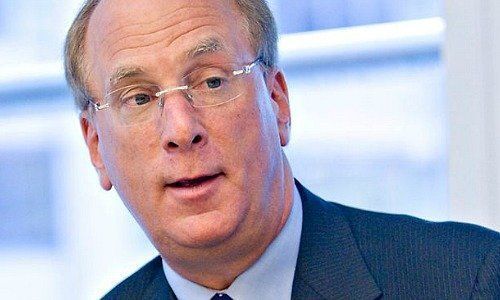Blackrock: «When We Exit This Crisis, the World Will Be Different»
Blackrock’s chairman and chief executive is confident that the world will make an economic recovery but stresses the need to reevaluate post-coronavirus assumptions.
More than just quantitive factors, Blackrock's Larry Fink noted that qualitative ones are being disrupted possibly for the long-term including «our infatuation with just-in-time supply chains or our reliance on international air travel».
«Even more profoundly, people worldwide are fundamentally rethinking the way we work, shop, travel and gather. When we exit this crisis, the world will be different,» Fink said in a letter to shareholders. «Investors’ psychology will change. Business will change. Consumption will change. And we will be more deeply reliant on our families and each other to stay safe.»
Whilst Fink said that financial market impact from the outbreak has matched that of a classic crisis, many of the typical obstacles are not present. This has allowed central banks and governments to act more effectively and swiftly, attributing the latter point to experience during the global financial crisis in 2008.
Fixed Income ETFs
«Over the last decade, investors increasingly recognized that portfolio construction, not security selection, drives the majority of returns,» Fink said, highlighting this belief as a motivator for a 2009 merger with Barclays Global Investors. «We knew that combining index and active would benefit our clients and help them build more effective portfolios.»
In particular, Fink underlined fixed income exchange-traded funds (ETF), calling it the «biggest transformation» to the asset class he had ever seen. This has led to improvements to market liquidity, transparency and efficiency which Fink contrasts with his early days in 1976 with First Boston and manual bond trading.
Illiquid Alts
- Page 1 of 2
- Next >>




















